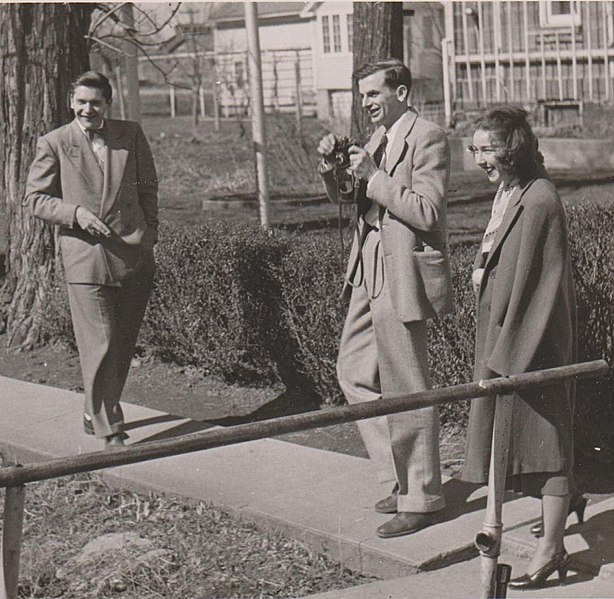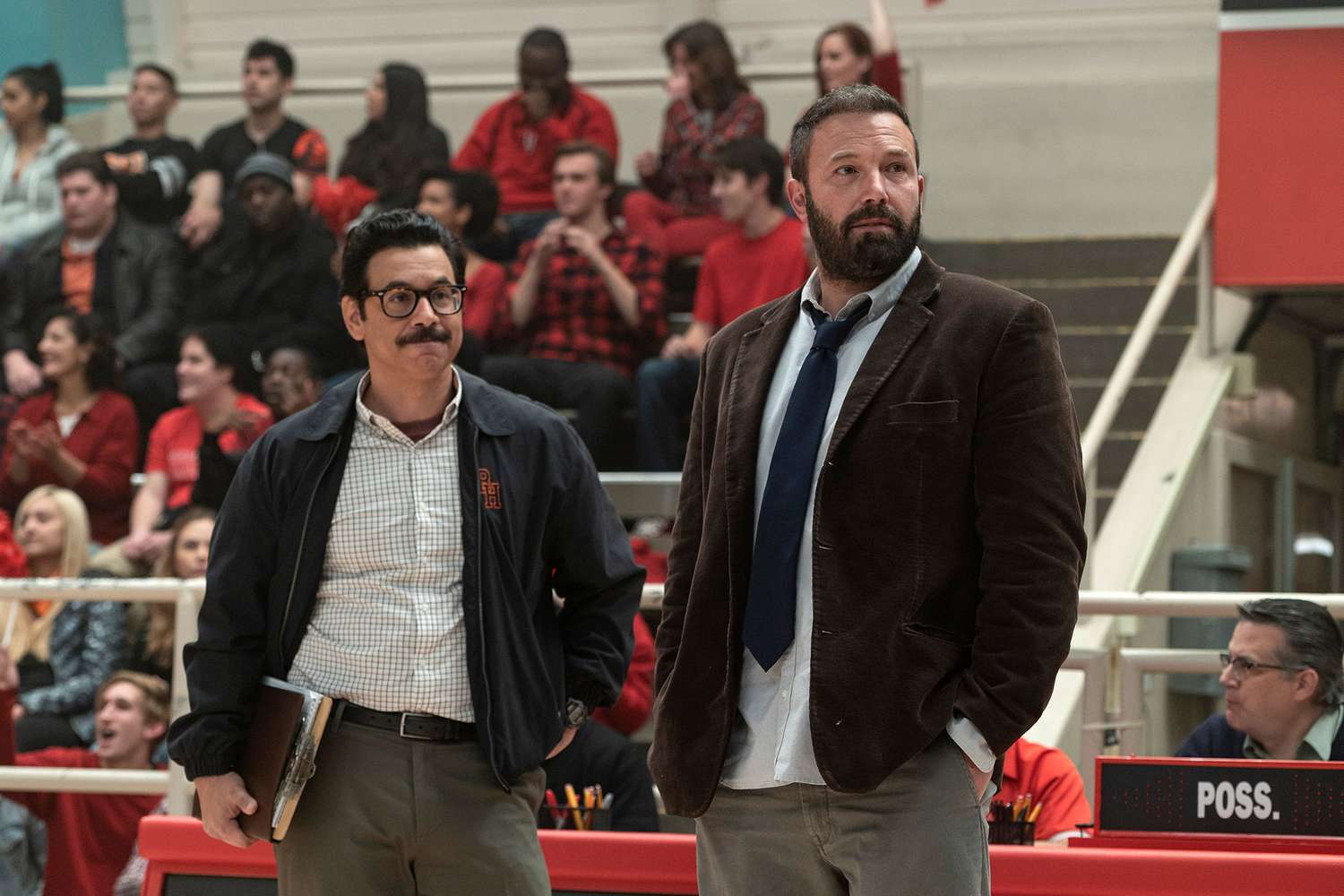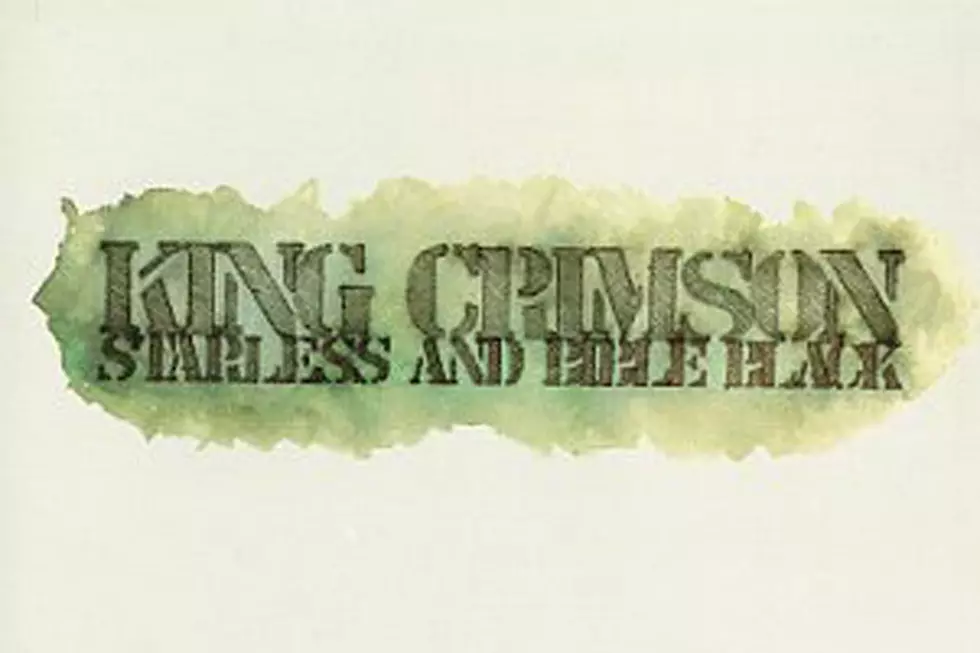The generation of New Journalist who emerged during the 60s and 70s were indeed post modern in their coverage of events-- whether the writers themselves were modernists in sensibility is irrelevant to work they did. Post modernism is defined, in the usual quarters, as the eclectic jumbling of categories and styles, the blurring of distinctions of generic distinctions, and transgressive of boundaries that were formerly considered sacrosanct, immutable, unyielding. Now that post modernism is as old hat and near useless as anything other than an historical place holder for a series of shallow ideas, we find that the what was called the postmodern gesture in the work of the hungry journalists, that of treating their subjects and their contexts as though they were part of an explicitly literary, i.e., fictional framework, is important chiefly because it availed the writers a means to write a compelling prose. Less important than compelling readers to few the world differently—Ezra Pound’s assignment for all the Modernists—the importance of the books the style produced lies in their adherence to some rather conventional ideas of what constituted a higher quality of writing.
The work evident in Armies of the Night, The White Album, In Cold Blood, The Electric Cool Aid Acid Test, Fear and Loathing in Los Vegas, and other sublime and less-sublime examples of the approach fulfill what's come to be the givens, and even clichés of post-modern writing. It's not unreasonable to think that writers normally considered Modernists would take what's thought to be a post modern strategy in order to achieve perspective that normally form would make more difficult. Carrying about the matters involved in a story hardly disqualifies a work, or a writer, from being post modernists. The cool, ironic stance that is supposed to problematize and “make strange” the conditions of narrative formation seems more as a pose critics who have a curious aversion for writing that is meant to illicit a galvanizing reader response: it sounds more like a good rap than good reasoning.
I do not have a problem of with the conflation of the emotional with the rational, since that is the point of writing and making an argument in the first place. One may use whatever the current wisdom insists are formal means, or one may engage the current species of avant-garde slash and burn in order to make their case, but the point is coming to an end that somehow makes a point, or has created an enlarged and vivid sense of the studied particulars.
In any event, New Journalists never as a group never referred to themselves as "post modernists", and the style, now faded somewhat, has been absorbed by the culture as an accepted style for very mainstream consumption. The news story-literary-narrative scarcely raises an eyebrow today. But the judgment of history has these writers, nominal modernists perhaps, performing the post modern gesture, interrogating the margins of genre definitions, and making impossible to regard news reporting quite the same again. The conflation of reason and reason is exactly the kind of writing literature ought to be engaged in, whatever slippery pronoun you desire to append it with. Being neither philosophy, nor science of any stripe, fiction is perfectly suited for writers to mix and match their tones, their attitudes, their angles of attack on a narrative schema in order to pursue as broad, or as narrow, as maximal or minimal a story they think needs to be accomplished.
The attack on modernisms' arrogance that it was the light to the "real" beneath the fabrications that compose our cosmology, is grossly over stated, it seems, vastly over regarded: Pound, Eliot, Joyce, and Stein, arguably literary modernism's Gang-Of-Four, did not, I think, tell us in any specified terms exactly what that true reality was, or what it was supposed to be, but only that the by dicing up, challenging, making it strange and making it new could we challenge ourselves, as artists, and as readers that new perceptions, and new ideas about the nature of the world could be had.
Individually , each writer had a different idea of heaven that they wanted the world to become--Pound was ultimately a befuddled, albeit fascist sympathizer, and Eliot became a conservative Royalist (and their anti-Semitism is problematic for anyone looking for real-time heroes)-- but so far as the principle thrust of their work, which was away from the straight jacket of accumulated literary history and toward something new and different that renewed the possibility of art to engage the times in an aesthetically relevant manner, is scarcely diminished in power merely because it came before.
I agree with Fred Jamieson on the point that Post Modernism , in effect, is a restating of the modernist project. Writing is an argument so far that the central impulse to write at all is to make a series of statements about oneself and one's experiences in the world , and reach a satisfying conclusion, some "meaning" at the end of the discourse. Barthes notes that the effort to achieve fixed meaning is doomed, as experience is not an static event, but a fluid movement through time that a writer's perception of changes moment to moment, text to text. The argument is thus not one sided, but multi-vocal, complex, interwoven within perceptions that argue amongst themselves within in the writer and onto their pages, in the extension of characters, plot, instances, local, active bits of imagining where the goal, is finally to attempt to resolve contradiction, arrive at something absolute in a universe that seems to permanently with hold its Absolute Meanings during this lifetime, and to achieve, somehow, some peace, some satisfaction. But no: the argument persists, the imagination soars, the old certainties cannot contain either the unset of new perceptions, nor can sooth a writer's restlessness. In literature, the conflation continues, reason and emotion color each other, the eyes shut, hoping for vision, a clear path, but the writing continues, the sorting through of experience continues, the unease continues, the world changes radically and not at all. That post modernism's over all mission is to notify us of the limitations of our tropes, our schemes, and our rhetoricized absolutes seems redundant to what literature already does.
The work evident in Armies of the Night, The White Album, In Cold Blood, The Electric Cool Aid Acid Test, Fear and Loathing in Los Vegas, and other sublime and less-sublime examples of the approach fulfill what's come to be the givens, and even clichés of post-modern writing. It's not unreasonable to think that writers normally considered Modernists would take what's thought to be a post modern strategy in order to achieve perspective that normally form would make more difficult. Carrying about the matters involved in a story hardly disqualifies a work, or a writer, from being post modernists. The cool, ironic stance that is supposed to problematize and “make strange” the conditions of narrative formation seems more as a pose critics who have a curious aversion for writing that is meant to illicit a galvanizing reader response: it sounds more like a good rap than good reasoning.
I do not have a problem of with the conflation of the emotional with the rational, since that is the point of writing and making an argument in the first place. One may use whatever the current wisdom insists are formal means, or one may engage the current species of avant-garde slash and burn in order to make their case, but the point is coming to an end that somehow makes a point, or has created an enlarged and vivid sense of the studied particulars.
In any event, New Journalists never as a group never referred to themselves as "post modernists", and the style, now faded somewhat, has been absorbed by the culture as an accepted style for very mainstream consumption. The news story-literary-narrative scarcely raises an eyebrow today. But the judgment of history has these writers, nominal modernists perhaps, performing the post modern gesture, interrogating the margins of genre definitions, and making impossible to regard news reporting quite the same again. The conflation of reason and reason is exactly the kind of writing literature ought to be engaged in, whatever slippery pronoun you desire to append it with. Being neither philosophy, nor science of any stripe, fiction is perfectly suited for writers to mix and match their tones, their attitudes, their angles of attack on a narrative schema in order to pursue as broad, or as narrow, as maximal or minimal a story they think needs to be accomplished.
The attack on modernisms' arrogance that it was the light to the "real" beneath the fabrications that compose our cosmology, is grossly over stated, it seems, vastly over regarded: Pound, Eliot, Joyce, and Stein, arguably literary modernism's Gang-Of-Four, did not, I think, tell us in any specified terms exactly what that true reality was, or what it was supposed to be, but only that the by dicing up, challenging, making it strange and making it new could we challenge ourselves, as artists, and as readers that new perceptions, and new ideas about the nature of the world could be had.
Individually , each writer had a different idea of heaven that they wanted the world to become--Pound was ultimately a befuddled, albeit fascist sympathizer, and Eliot became a conservative Royalist (and their anti-Semitism is problematic for anyone looking for real-time heroes)-- but so far as the principle thrust of their work, which was away from the straight jacket of accumulated literary history and toward something new and different that renewed the possibility of art to engage the times in an aesthetically relevant manner, is scarcely diminished in power merely because it came before.
I agree with Fred Jamieson on the point that Post Modernism , in effect, is a restating of the modernist project. Writing is an argument so far that the central impulse to write at all is to make a series of statements about oneself and one's experiences in the world , and reach a satisfying conclusion, some "meaning" at the end of the discourse. Barthes notes that the effort to achieve fixed meaning is doomed, as experience is not an static event, but a fluid movement through time that a writer's perception of changes moment to moment, text to text. The argument is thus not one sided, but multi-vocal, complex, interwoven within perceptions that argue amongst themselves within in the writer and onto their pages, in the extension of characters, plot, instances, local, active bits of imagining where the goal, is finally to attempt to resolve contradiction, arrive at something absolute in a universe that seems to permanently with hold its Absolute Meanings during this lifetime, and to achieve, somehow, some peace, some satisfaction. But no: the argument persists, the imagination soars, the old certainties cannot contain either the unset of new perceptions, nor can sooth a writer's restlessness. In literature, the conflation continues, reason and emotion color each other, the eyes shut, hoping for vision, a clear path, but the writing continues, the sorting through of experience continues, the unease continues, the world changes radically and not at all. That post modernism's over all mission is to notify us of the limitations of our tropes, our schemes, and our rhetoricized absolutes seems redundant to what literature already does.
Lew Welch said that you don’t write unless you can’t do anything else; writers are powerless to write in ways other than the urge dictates, regardless of what crit
____________________________________________________
More than ever, I believe The Fountainhead, to be a dangerous book. This may worry a point already mulled over here, but one cannot just pass-off this book's implicit assertion that mass destruction is justified in the name of "higher values" whose substance supposedly overrides the need to respect and protect human life. It is only irrational romanticism and literary convenience that Rand softens Roark's destruction with an empty structure. Roark is the hero of all those ruggedly individualist libertarians whose opinions sound as oddly uniform as Communist Party USA position paper, but shed of the that odious veil, he's pretty much the prototype of the perplexed goons and gangsters whose lives are committed to making the world notice them by the most miserable means available.
I've little problem with "enlightened self interest", a general concept where one pursues their own agenda with it in mind that their goal is not just to fulfil their own wants and needs but also benefit others in doing so. One "does well by doing good" when they realize that their rights are coherent and effectively applicable in larger social and cultural contexts.
Rand lops off the "enlightened" part and effectively tries to make an intellectual defense for adults, males for the most part, to act like three years olds and essentially demand that the world bow to their self-defined genius and all the pulverizing engineering it takes for said genius to be foisted on the community. It's a childish view, the mewling of King Baby, and it is, frankly, solipsistic to a degree that approaches a species of mental illness.
______________________
The existence of God can neither be proven nor proven in absolute terms, and is that belief in either proposition requires an act of faith, faith being a firm belief in something for which there is no proof . The acts of faith, in William James' estimation in his writing in Varieties of Religious Experience, is the relevant quality to watch; if the belief and the dictates the faith espouse result in helping its membership adjust, adapt and find purpose in a world that subjects them to all sorts of catastrophes and seeming cruelties, then that is reason enough . The existence or non-existence of God comes out of the equation: we look at the results of the faith, and see how it's contributed to the General Good; the description and standard can apply to believer and atheist alike.
_______________________
Noted pop musicians in twelve step meetings often seem bursting at the seams to tell other members what it is they do and what their latest projects are. It's a testimony to most of them that they contain the impulse to brag and speak in a general way. Bill Wilson had the same dilemma, in terms of keeping his vanity in check, and wrote about in in both the book Alcoholics Anonymous and The Twelve Steps and the Twelve Traditions. It was a fitting thing for me to read that the man who warned against being the AA big shot had to live up to his own advice.
Eric Clapton's celebrity doubtlessly shields him from any blow back concerning his well publicized battles with booze and the needle , mostly because the public is quick to forgive those who've gone astray but who have gone to well-publicized lengths to clean up their side of the street. We see the same thing happening with Robert Downey, a repeat screw up and jailbird who a few years ago just made it a point to work as much as he could, prove himself reliable, bondable, professional. It paid off, as he more or less owned last summer's box office. In their cases, celebrity might work as a sufficient substitute for the lack of anonymity, but it comes down, again, to whether the famed addict or alkie has willingness to change their lives. Talent figures into it as well; fans just want Clapton to play blues guitar and prefer to see Downey peform well in good roles, and are willing to suspend their misgivings over their bad habits provided the entertainers do just that, entertain.








